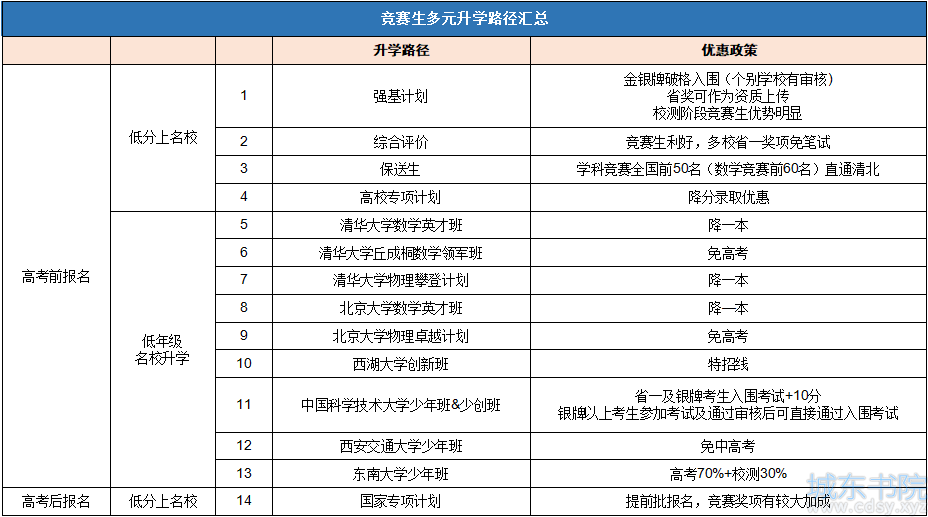10道有深度的mysql查询语句面试题
表结构
- 学生表student(id,name)
- 列表项目
- 课程表course(id,name)
- 学生课程表student_course(sid,cid,score)
- sql
create table student(
id int unsigned primary key auto_increment,name char(10) not null);insert into student(name) values('张三'),('李四');create table course(id int unsigned primary key auto_increment,name char(20) not null);insert into course(name) values('语文'),('数学');create table student_course(sid int unsigned,cid int unsigned,score int unsigned not null,foreign key (sid) references student(id),foreign key (cid) references course(id),primary key(sid, cid));insert into student_course values(1,1,80),(1,2,90),(2,1,90),(2,2,70);
问题
- 查询student表中重名的学生,结果包含id和name,按name,id升序
select id,name
from studentwhere name in (select name from student group by name having(count(*) > 1)) order by name;
我们经常需要查询某一列重复的行,一般通过group by(有重复的列)然后取count>1的值。 关系型数据库有他的局限性, 有些看似简单的查询写出来的sql很复杂,而且效率也会很低。
- 在student_course表中查询平均分不及格的学生,列出学生id和平均分
select sid,avg(score) as avg_score
from student_coursegroup by sid having(avg_score<60);
group by和having是最常考的。where子句中不能用聚集函数作为条件表达式,但是having短语可以,where和having的区别在于对用对象不同,where作用于记录,having作用于组。
- 在student_course表中查询每门课成绩都不低于80的学生id
select distinct sid
from student_coursewhere sid not in (select sid from student_course where score < 80);
用到反向思想,其实就是数理逻辑中的∀x:P和¬∃x:¬P是等价的。
- 查询每个学生的总成绩,结果列出学生姓名和总成绩 如果使用下面的sql会过滤掉没有成绩的人
select name,sum(score) total
from student,student_coursewhere student.id=student_course.sidgroup by sid;
更保险的做法应该是使用左外连接
select name,sum(score)
from student left join student_courseon student.id=student_course.sidgroup by sid;
- 总成绩最高的学生,结果列出学生id和总成绩 下面的sql效率很低,因为要重复计算所有的总成绩。
select sid,sum(score) as sum_score
from student_course group by sid having sum_score>=all( select sum(score) from student_course group by sid );
因为order by中可以使用聚集函数,最简单的方法是:
select sid,sum(score) as sum_score
from student_course group by sidorder by sum_score desc limit 1;
同理可以查总成绩的前三名。
- 在student_course表查询课程1成绩第2高的学生,如果第2高的不止一个则列出所有的学生
这是个查询第N大数的问题。 我们先查出第2高的成绩:
select min(score) from student_course
where cid = 1 group by scoreorder by score desc limit 2;
使用这种方式是错的,因为作用的先后顺序是group by->min->order by->limit,mysql提供了limit offset,size这种方式来取第N大的值,因此正确的做法是:
select score from student_course
where cid = 1 group by score order by score desc limit 1,1;
然后再取出该成绩对应的学生:
select * from student_course
where cid=1 and score = ( select score from student_course where cid = 1 group by score order by score desc limit 1,1);
类似的,可以查询某个值第N高的记录。
- 在student_course表查询各科成绩最高的学生,结果列出学生id、课程id和对应的成绩 你可能会这样写:
select sid,cid,max(score) from student_course group by cid;
然而上面是不对的,因为使用了group by的查询字段只能是group by中的字段或者聚集函数或者是每个分组内均相同的字段。虽然不会报错,但是sid是无效的,如果去掉sid的话只能查出没门课程的最高分,不包含学生id。 本题的正确解法是使用相关嵌套查询:
select * from student_course as x
where score>=( select max(score) from student_course as y where cid=x.cid );
相关嵌套查询也就是在进行内层查询的时候需要用到外层查询,有一些注意事项:
- 子查询一定要有括号
- as可以省略
- 使用相关查询;>=max等价于>=all,但是聚合函数比使用any或all效率高
- 在student_course表中查询每门课的前2名,结果按课程id升序,同一课程按成绩降序 这个问题也就是取每组的前N条纪录
select * from student_course x
where 2>( select count(*) from student_course y where y.cid=x.cid and y.score>x.score ) order by cid,score desc;
这也是一个相关嵌套查询,对于每一个分数,如果同一门课程下只有0个、1个分数比这个分数还高,那么这个分数肯定是前2名之一
- 一个叫team的表,里面只有一个字段name,一共有4条纪录,分别是a,b,c,d,对应四个球队,两两进行比赛,用一条sql语句显示所有可能的比赛组合
- select a.name, b.name
- from team a, team b
- where a.name < b.name
其实就是一个表和自己连接查询。

- 题目:数据库中有一张如下所示的表,表名为sales。
年 季度 销售
1991 1 11
1991 2 12
1991 3 13
1991 4 14
1992 1 21
1992 2 22
1992 3 23
1992 4 24
要求:写一个SQL语句查询出如下所示的结果。
年 一季度 二季度 三季度 四季度
1991 11 12 13 14
1992 21 22 23 24
select 年,
sum(case when 季度=1 then 销售量 else 0 end) as 一季度, sum(case when 季度=2 then 销售量 else 0 end) as 二季度, sum(case when 季度=3 then 销售量 else 0 end) as 三季度, sum(case when 季度=4 then 销售量 else 0 end) as 四季度 from sales group by 年;
同理,如果要查询每个人的每门课的成绩可以使用如下sql
create view temp
as select student.name as sname,course.name as cname,scorefrom student_course join (student,course)on(student_course.sid=student.id and student_course.cid=course.id);select sname,sum(case when cname='语文' then score else 0 end) as 语文,sum(case when cname='数学' then score else 0 end) as 数学from tempgroup by sname;
当然如果新增了一门课,第二条sql就需要跟着变。








 湘公网安备 43102202000103号
湘公网安备 43102202000103号